UN extends peacekeeping mission in Lebanon by one year, but decreases troops
The United Nations Security Council (UNSC) has unanimously approved a resolution to renew the mandate of UN peacekeeping forces stationed along Lebanon’s southern border with the Israeli-occupied territories, but has reduced troop capacity there.
On Friday, the council accepted the French-drafted resolution to extend the mandate of the United Nations Interim Force in Lebanon (UNIFIL) by one year; however it decreased the mission's troop ceiling from 15,000 to 13,000.
The force is currently made up of only around 10,500 troops, and the change will likely have little effect on the ground.
The resolution also calls on the Lebanese government to grant UNIFIL investigators “prompt and full access” to sites that it wants to investigate, including potential tunnels from Lebanon into occupied lands.
It further urges UN Secretary General Antonio Guterres to coordinate with Lebanon and troop-contributing countries within 60 days on a plan for implementing recommendations he made to improve UNIFIL's performance.
The renewal of the UN peacekeeping mission in Lebanon came after weeks of tough negotiations. Lebanese officials had been demanding extension of UNIFIL's mandate, which expires on August 31, without any changes, and had been working with some members of the Security Council to maintain the mandate as it is.
The UNIFIL has been stationed at Lebanon's southern border since 1978, during the country's civil war, and was beefed up following Israel's 33-day war on Lebanon in the summer of 2006.
Since US President Donald Trump took office, his administration has been pushing for changes to the mission's mandate, alleging it has failed to implement UNSC Resolution 1701, which brokered a ceasefire to the Israeli military onslaught against Lebanon.
Lebanese authorities and officials from Hezbollah resistance movement, for their part, have long criticized UNIFIL for failing to stop near-daily Israeli infringements on Lebanese sovereignty via air, sea and land.
The efficacy of the UN peacekeeping force has come into further question after Israeli forces twice shelled Lebanese border areas recently.
Tensions have been running high between Israel and Hezbollah since July 20, when Tel Aviv killed Hezbollah member Ali Kamel Mohsen in an airstrike on Syria.
The Israeli military has placed its forces near the Lebanese and Syrian borders on high alert after Hezbollah promised retaliation.
Israeli forces shelled the Lebanese village of Habaria on July 27 to stop an alleged Hezbollah offensive, but the Lebanese movement dismissed the allegation, calling it the result of tension and confusion among Israeli forces.
After the incident, UNIFIL pledged to undertake an investigation into what happened.
But a diplomatic source said “there were no conclusive findings and nothing really happened.”
Israel bombed Hezbollah-aligned NGO Green Without Borders on Tuesday.
According to its blog, the Lebanese non-governmental organization plants trees, creates public parks, and fights forest fires.
Earlier this month, a leading US news website said the recent developments have “shed light on Israel’s impossible situation” along the Lebanese border.
According to Business Insider, Hezbollah has established a high level of deterrence in southern Lebanon, where as many as "150,000 rockets and missiles" are pointed at Israel.
The movement can pour dozens if not hundreds of rockets into Israel throughout the northern third of the occupied territories “almost unimpeded,” said Business Insider.
VIDEO | Dockworkers from across Europe, Mediterranean strike against wars, arms flow to Israel
VIDEO | Nationwide protests continue a month after ICE killing
New documents show Epstein donated thousands to Israeli army, settlement organization
US engineered ‘dollar shortage’ in Iran to fuel December riots: Treasury chief
US congresswoman urges end to arms transfer to Israel amid Gaza genocide
VIDEO | 18th Olympiad of Persian Language and Literature held in Moscow
VIDEO | Dozens killed after blast hits Shia mosque in Islamabad
Trump signs tariff threat against Iran’s trade partners shortly after high-stakes talks in Oman






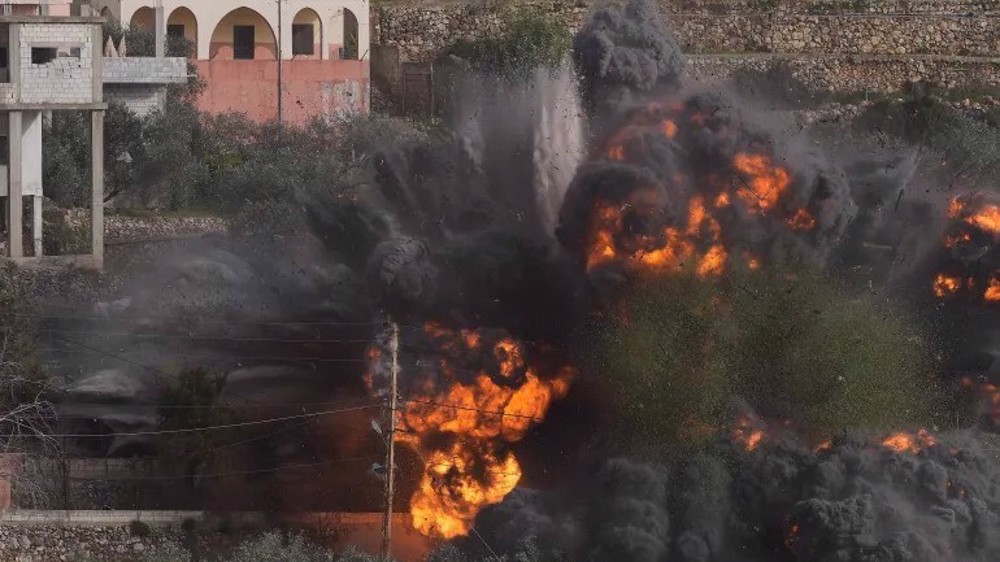
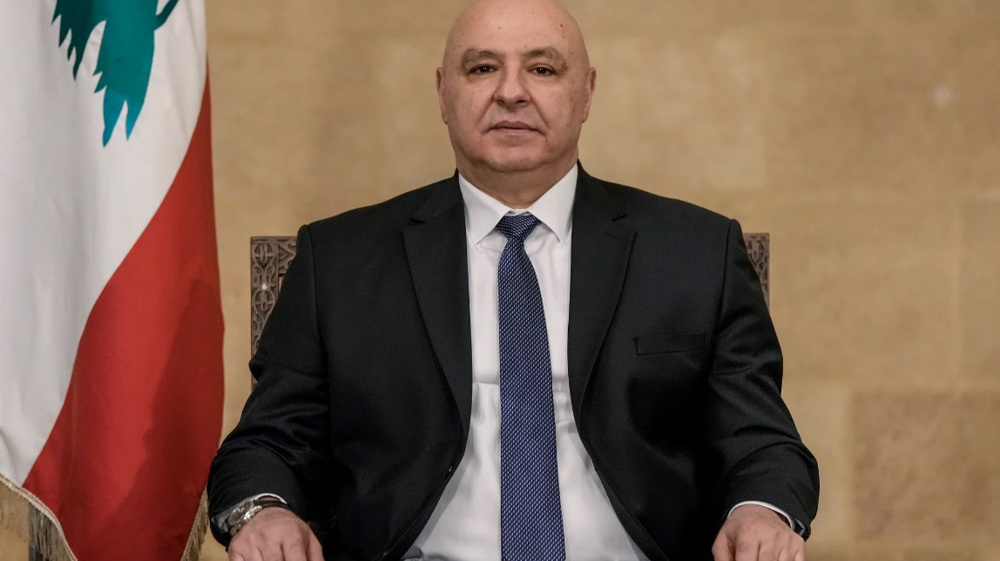
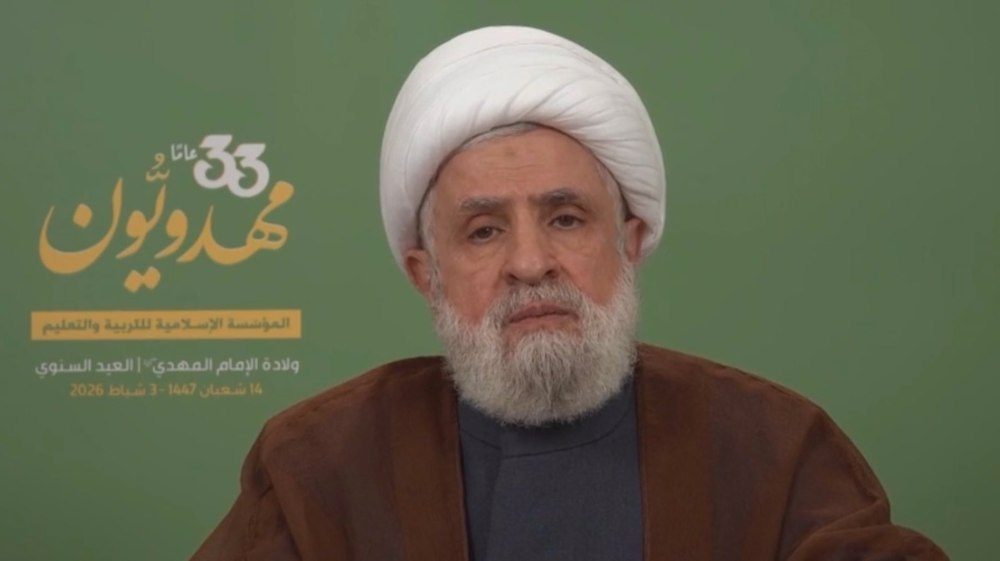



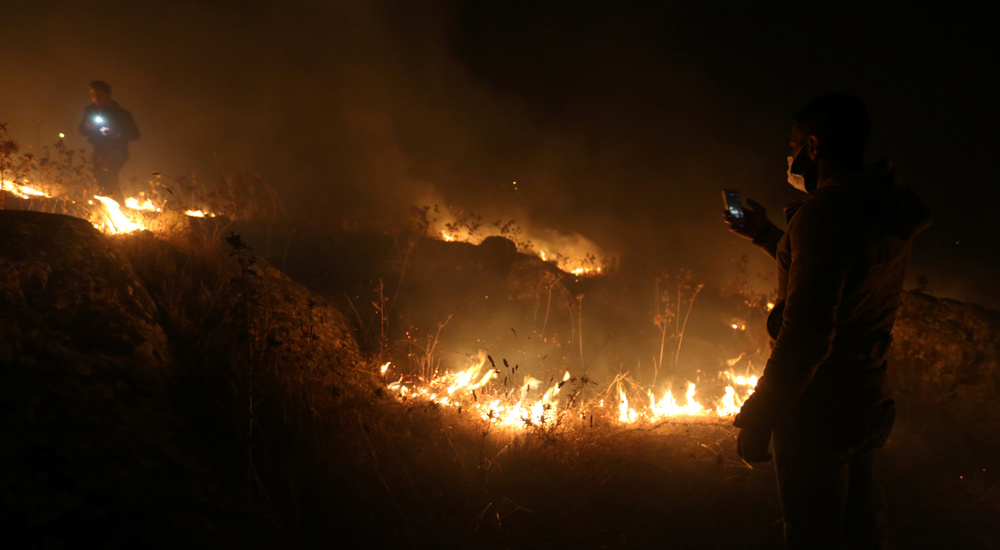
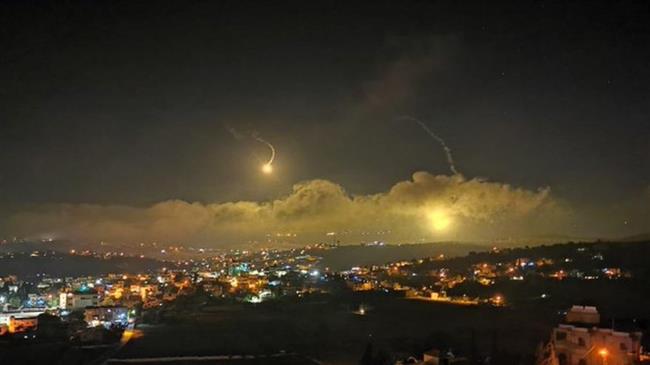
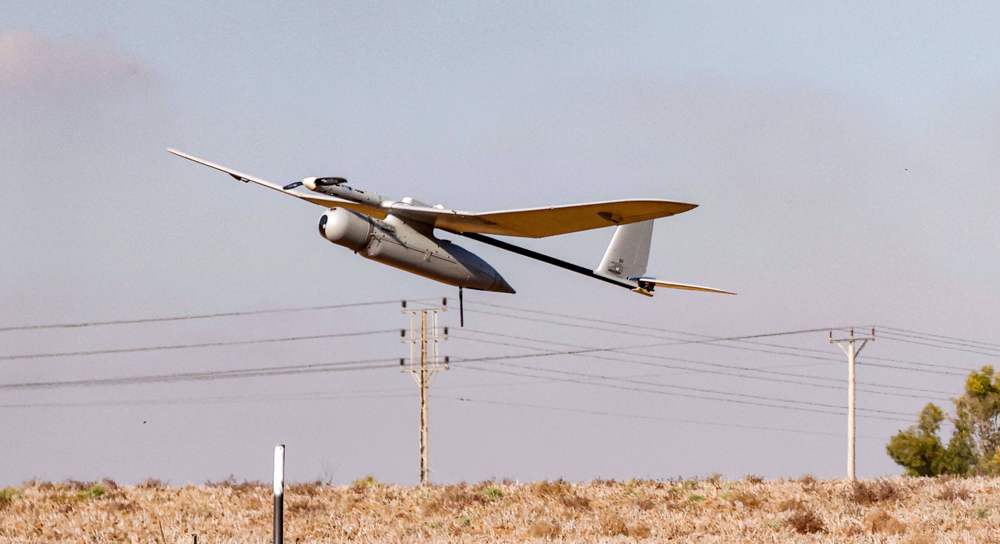


 This makes it easy to access the Press TV website
This makes it easy to access the Press TV website